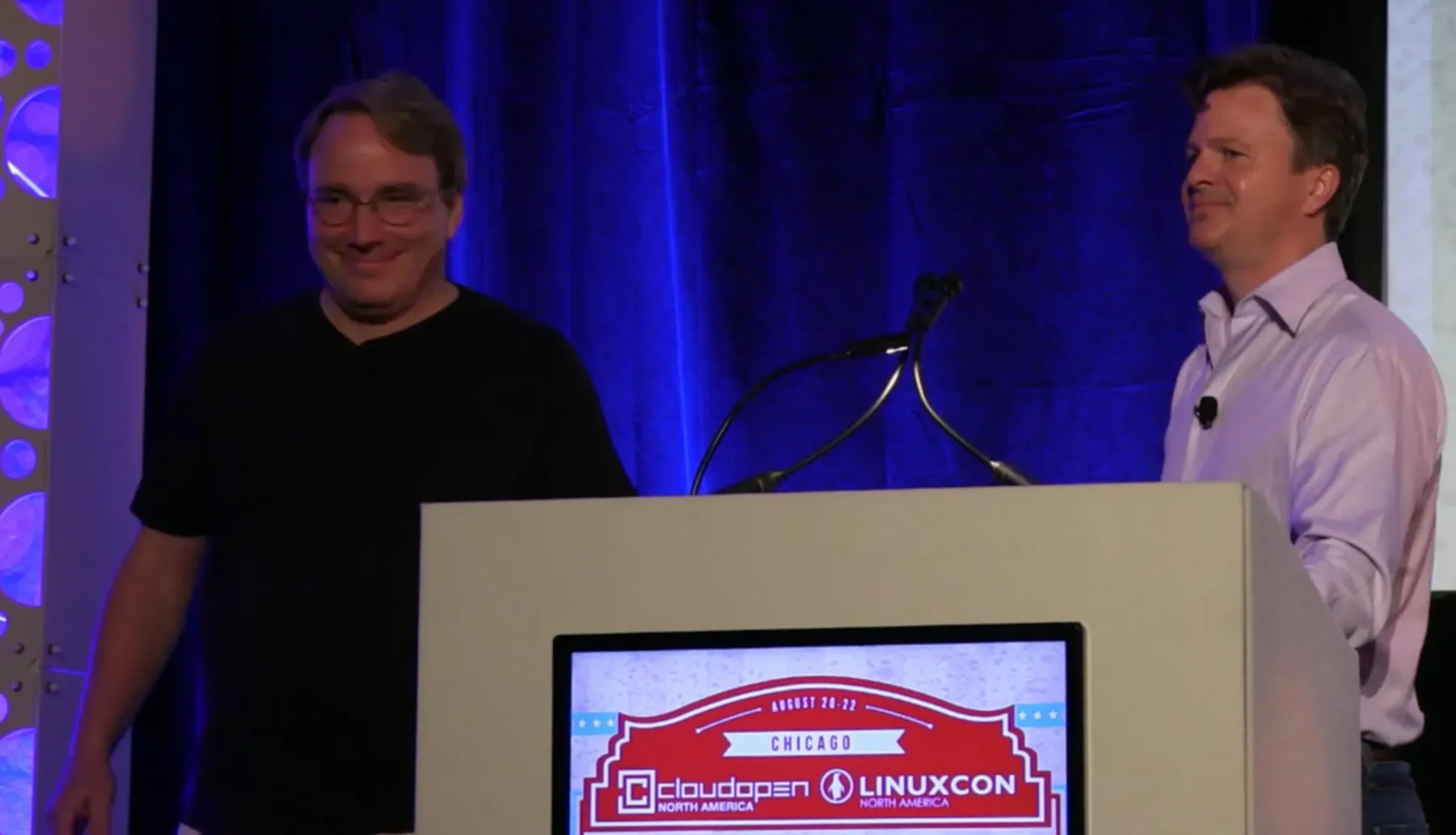

Quick question, why not considering lemmy as your “blog” provider? If the “community” concept wouldn’t apply, perhaps creating your own “community” and becoming its “mod”, disabling posts from others except yours, wouldn’t that work? Lemmy already provide RSS feeds so others can follow/track your posts without any lemmy account, just like with any blog providing RSS/atom feeds, and you get “blog” feedback through lemmy, but the same applies to other blog providers, only the ones subscribed can provide feedback.
I was looking for an anonymous blogging mechanism with digital signature (not to identify the author but to verify its authenticity). Long story short, nothing out there seemed to really fit into what I was looking for, but among the suggestions lemmy was there as an option. You can avoid following anything, and looking into lemmy’s default from page, just use it to post and get feedback, forgetting about the social networks characteristics of lemmy, and make it work as your blog provider…













Not sure what updates you are expecting to happen.
I’m not aware of any effort trying to identify the traffic going in and out on Thunderbird under android. The guesses from the one reporting about what happens when configuring a new email account is of no use since it’s easily associated to Thunderbird looking for ways to easy automation on new accounts settings.
Unless there’s a throughout analysis of the traffic, I’m not aware of anything to be expected. You can try reaching the one reporting his concern, and ask if he has looked into how to report an actual issue/bug to Thunderbird, or if someone else has done it